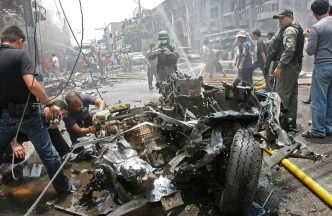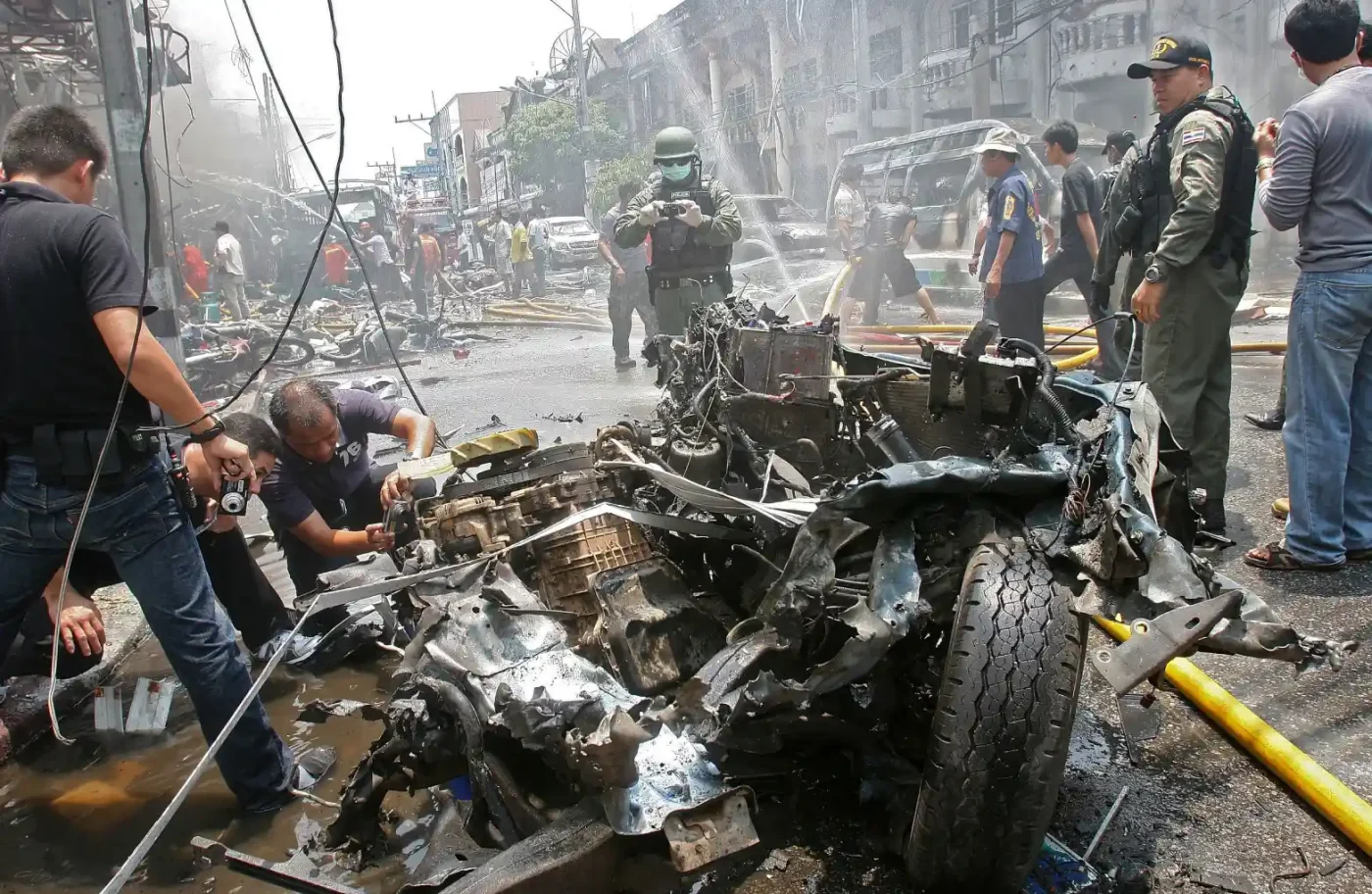In Thailand’s southernmost provinces, a long-simmering insurgency has flared up with renewed intensity, prompting the government to announce a targeted crackdown on militant leaders. Recent violent clashes in the Deep South—a region encompassing Pattani, Yala, and Narathiwat provinces—have raised alarms over civilian safety and regional stability, as authorities struggle to contain a conflict rooted in decades of ethnic, religious, and political tensions.
Surge in Violence Sparks Urgent Response
The latest wave of violence in Thailand’s Deep South has seen coordinated attacks on security forces, civilian infrastructure, and local communities. Reports indicate a sharp increase in roadside bombings, ambushes, and targeted assassinations over the past few months, attributed to separatist groups seeking greater autonomy or independence for the predominantly Malay-Muslim region. While exact casualty figures remain unclear, local sources suggest dozens of deaths, including civilians caught in the crossfire.
In response, the Thai government has vowed to intensify efforts to dismantle insurgent networks. A senior official from the Internal Security Operations Command (ISOC) stated, “We will not tolerate further threats to peace and order in the south” during a press briefing in Bangkok earlier this week. The planned crackdown focuses on apprehending key militant leaders believed to be orchestrating the attacks, alongside increased military presence and intelligence operations in the affected provinces.
Historical Roots of the Conflict
The insurgency in Thailand’s Deep South traces its origins to the early 20th century, when the region, formerly part of the Pattani Sultanate, was incorporated into the predominantly Buddhist Thai state. Decades of perceived cultural suppression, economic marginalization, and heavy-handed military responses have fueled resentment among the local Malay-Muslim population, who make up the majority in the southern provinces. Separatist movements, including groups like the Barisan Revolusi Nasional (BRN), have since waged a low-intensity conflict, with violence peaking in the early 2000s before periodic lulls and resurgences.
Analysts note that the current escalation may be tied to stalled peace talks between the Thai government and insurgent factions. Negotiations, often mediated by international actors such as Malaysia, have repeatedly broken down over disagreements on autonomy, cultural rights, and amnesty for fighters. “The lack of progress in dialogue has created a vacuum that hardliners on both sides are exploiting” said a Bangkok-based security expert familiar with the region. If confirmed, this dynamic could complicate efforts to de-escalate tensions in the near term.
Civilian Impact and Border Concerns
Beyond the immediate toll of violence, the insurgency’s resurgence has disrupted daily life for thousands of residents in the Deep South. Schools and markets have shuttered intermittently due to security threats, while checkpoints and curfews have become commonplace. The closure of popular tourist spots, such as the Phu Chi Fa viewpoint in Chiang Rai—though unrelated to the southern conflict and instead linked to separate border skirmishes with Laos—underscores how security concerns are reverberating across Thailand’s borders.
Neighboring countries, particularly Malaysia, are also on edge. The porous border between Thailand’s southern provinces and northern Malaysia has long been a conduit for insurgent activity, with allegations that militants use Malaysian territory as a safe haven. While Kuala Lumpur has denied providing sanctuary, Thai authorities have called for greater cross-border cooperation to curb the flow of arms and fighters. The potential spillover of violence into Malaysia or beyond remains a pressing concern for regional stability in Southeast Asia.
Government Strategy and Criticism
The Thai government’s approach to the insurgency has historically relied on a combination of military force and development initiatives aimed at winning “hearts and minds.” Billions of Thai Baht (estimated at 300 billion Thai Baht, or roughly US$8.4 billion as of May 2025 exchange rates) have been invested in infrastructure, education, and job creation in the Deep South over the past two decades. Yet, critics argue these efforts have yielded limited results, as underlying grievances over identity and governance remain unaddressed.
The latest crackdown, while framed as a necessary response to escalating violence, has drawn scrutiny from human rights groups. Concerns center on potential abuses during military operations, including arbitrary detentions and extrajudicial actions, which have been documented in past campaigns. “A purely security-focused approach risks alienating the very communities the government claims to protect” warned a spokesperson for a regional advocacy organization. Thai officials, however, maintain that safeguarding civilian lives is their top priority and have pledged to adhere to legal and ethical standards.
International and Regional Dimensions
The insurgency in Thailand’s Deep South is not merely a domestic issue; it carries implications for broader Southeast Asian geopolitics. The Association of Southeast Asian Nations (ASEAN), of which Thailand is a key member, has historically emphasized non-interference in internal conflicts. However, the risk of cross-border instability may prompt quieter diplomatic interventions from neighbors like Malaysia and Indonesia, both of which have their own experiences with separatist movements.
Moreover, the conflict’s religious undertones—pitting a Muslim-majority region against a Buddhist-majority state—have drawn limited but notable attention from international actors. While there is no evidence of significant foreign militant involvement, such as from groups like ISIS, Thai authorities remain vigilant about the potential for radicalization or external funding of local insurgents. Western governments, including the United States and European Union, have occasionally offered technical assistance for counterterrorism efforts, though their involvement remains low-profile to avoid perceptions of interference.
Path Forward Amid Uncertainty
As the Thai government rolls out its crackdown, questions linger about whether this strategy will break the cycle of violence or deepen the region’s divisions. Past military campaigns have often succeeded in temporarily suppressing insurgent activity, only for violence to resurface when underlying issues are left unresolved. Renewed dialogue with separatist groups, though politically fraught for Bangkok, may be essential to achieving a lasting resolution.
For now, residents of the Deep South brace for heightened tensions, while policymakers grapple with balancing security imperatives against the need for trust-building measures. The coming months will test Thailand’s ability to navigate this complex conflict without further eroding the fragile social fabric of its southern provinces. As one local community leader put it, “Peace cannot be imposed by force alone; it must be built on understanding.” Whether such understanding can be reached remains an open, and urgent, question.















